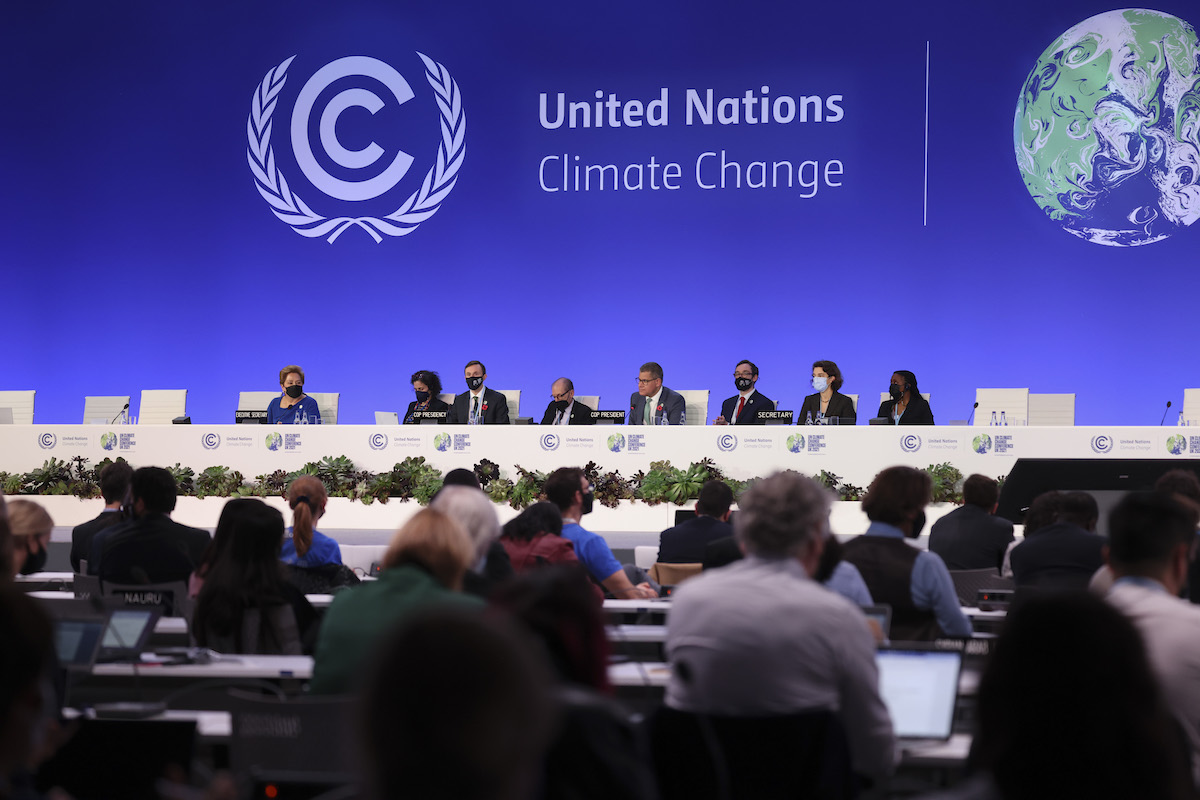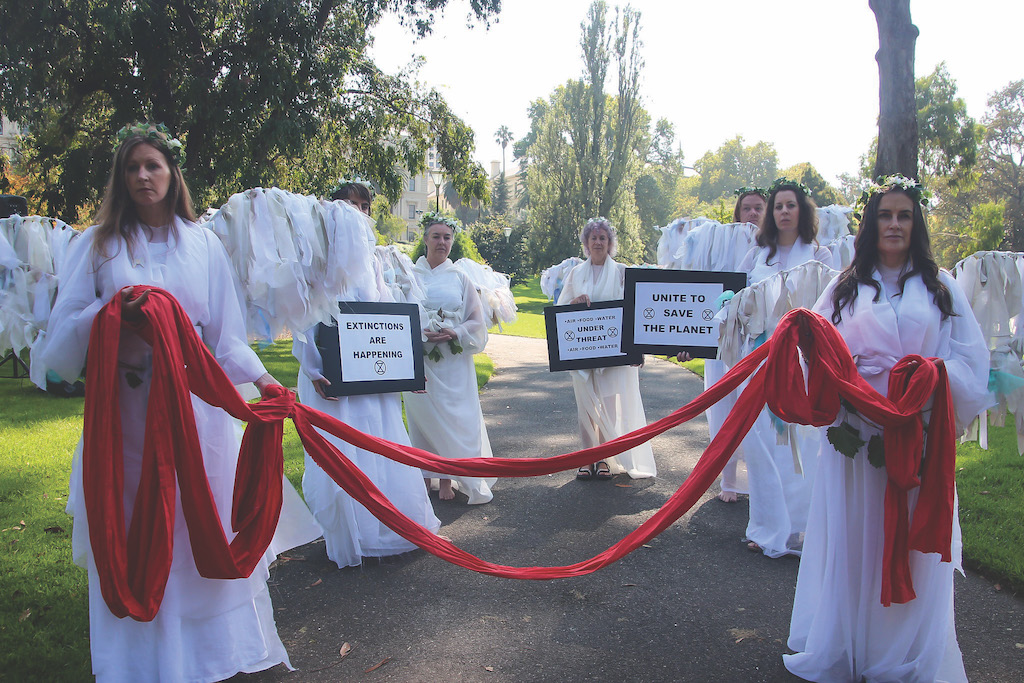The United Kingdom hosted the 26th United Nations Climate Change Conference of the Parties (COP26) in Glasgow, Scotland, from Oct. 31–Nov. 12. According to the COP26 report, the UN has brought together “almost every country for global climate summits” for nearly three decades.
The summit was first held in 2015, wherein every country in attendance agreed to work together to limit global warming. The goal was to keep global warming below 2°C, with an aim for 1.5°C—the equivalent of 3.6°F, with a goal of 2.7°F.
According to the 2015 Paris Agreement, every five years countries must continue increasing “ambitious climate action.” By 2020, countries needed to have submitted or updated plans for reducing emissions, known as nationally determined contributions (NDCs).
Two major takeaways from the COP26 summit in Glasgow were all countries agreeing to the Glasgow Climate Pact reiterating the 1.5°C goal, and finalizing the outstanding elements of the Paris Agreement. However, as President of the COP26, Alok Sharma, noted in the report, there is still a lot of work to be done.
“We can now say with credibility that we have kept 1.5[°C] alive,” Sharma said. “But its pulse is weak, and it will only survive if we keep our promises and translate commitments into rapid action.”
In the past, the Climate Change Conference of the Parties had been criticized for moving too slowly with science—or not listening to it at all. However, at the COP26, it was agreed upon to include scientific consultation in future decision making.
According to the COP26 report, science is responsible for illustrating “the situation the world is facing, the need to urgently scale up ambition in all areas of climate action to meet the goals of the Paris Agreement, while acknowledging that some parties have a greater responsibility than others to tackle the problem.”
During President Joe Biden’s speech during the COP26 Leaders Statement, he said that he took action to return the U.S. to the Paris Agreement on his first day in office.
“Since then, our administration has been hard at work unlocking clean energy breakthroughs to drive down the cost of technologies that will require us to do,” Biden said. He additionally remarked that reaching net-zero emissions for a “clean economy of the future” will require working with the private sector on “the next generation of technologies.”
Biden also promised that the U.S. was planning on keeping the 1.5°C goal in reach for 2030, and a longer term “marathon that will…take us to the finish line and transform the largest economy in the world into a thriving, innovative, equitable, and just clean-energy engine of net-zero—for a net-zero world.”
Portland State University President Stephen Percy sent out a campus-wide email on Nov. 5 to discuss the need for climate action at PSU, which is expected to be elaborated upon at the upcoming Winter Symposium.
“We can no longer wait to act on climate change,” the email stated. “It is imperative that we as a campus community begin the urgent work to determine how Portland State will show up for change.”






